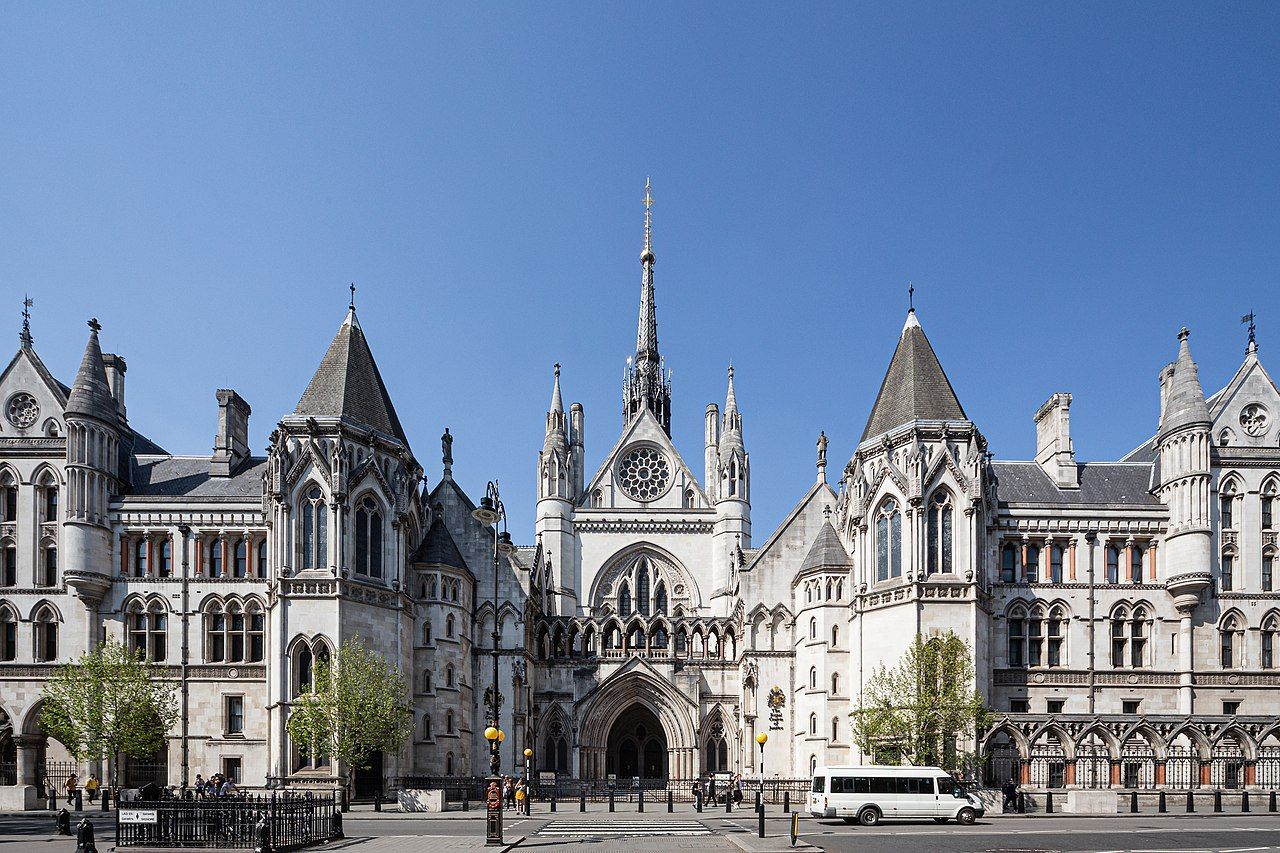Fresh Evidence in the Court of Appeal
A look at the rules applied to Fresh Evidence after conviction

On 12th February 2016, John Porch was wrongly convicted of Blackmail, he received a sentence of 5 years imprisonment. On 19th November 2020, after having served his sentence, the Court of Appeal quashed Mr Porch’s conviction.
This case shows the importance of properly challenging your conviction and instructing solicitors to investigate those matters which can potentially prove your innocence.
The proceedings against Mr Porch were serious, they alleged that he had violently assaulted and threatened to kill the complainant.
There were a number of telephones seized during the investigation. These included those belonging to the Defendants and the Complainants. The Defence asked repeatedly for these to be downloaded and analysed, for various reasons the prosecution failed to do that.
The Court of Appeal stated during the hearing that “There is no general obligation on the police or the prosecution to arrange for the forensic interrogation of every mobile phone that is seized from a suspect in a criminal case; but there may be cases in which it is apparent, or becomes apparent that a mobile phone which the police have retained may contain information of relevance, including information that may potentially assist the defence. This was such a case.” These remarks demonstrate the importance of instructing a legal team that will fearlessly seek disclosure of mobile phone evidence and properly pursue this disclosure, as should have taken place in Mr Porch’s case. The Crown Prosecution Service and the Police are under-funded, for that reason they will often be reluctant to analyse mobile devices.
Mr Porch’s first challenge was to seek access to the mobile devices seized as part of his case. The Police are under a duty to investigate all reasonable lines of enquiry, there were a catalogue of errors in Mr Porch’s case that meant this did not happen. Thankfully, he was able to obtain this material after his conviction.
The second challenge is Section 23 of the Criminal Appeal Act 1968. It is this legislation that governs whether or not ‘fresh evidence’ can be brought before the Court of Appeal. There are four matters which the Court of Appeal will consider:
(a) whether the evidence appears to the Court to be capable of belief;
(b) whether it appears to the Court that the evidence may afford any ground for allowing the appeal;
(c) whether the evidence would have been admissible in the proceedings from which the appeal lies on an issue which is the subject of the appeal; and
(d) whether there is a reasonable explanation for the failure to adduce the evidence in those proceedings.
In respect of mobile telephone evidence, the accuracy of the material when it is properly downloaded and analysed cannot be disputed.
The material in Mr Porch’s case substantially undermined the alleged ‘victim’. There can be no doubt that where a witness’ mobile phone contains material that undermines their credibility in respect of the offences it will be admissible,
Finally, the Court will consider whether, in the light of the fresh evidence, the convictions are unsafe. That can be tested by asking what impact that evidence might have had on the mind of the jury, or whether there is a real possibility that, if defence counsel had been in the position to use that material at trial, the jury would have arrived at a different verdict.
The reality of the test applied by the Court of Appeal is that if they find the fresh evidence would have the effect that the verdict of the jury would now be ‘unsafe’ i.e. there is a real possibility they would have arrived at a different verdict, they will allow the fresh evidence to be admitted.
You may be concerned that because so much time has passed since your conviction that the Court will not extend time. It is right that there are clear time limits in place for bringing an appeal. However, where your conviction appears unsafe it will ordinarily be in the interests of justice to extend time and so this may not be as much of an issue as you would expect.
As for Mr Porch, the prosecution indicated at the conclusion of the hearing that they would not seek a re-trial. As such, the Court of Appeal quashed the convictions and Mr Porch was able to quite properly clear his name.
If you have been wrongfully convicted and think there may be evidence that can clear your name then contact Rhys for a consulation.
Fill in the Below to Contact Rhys and to obtain legal advice










